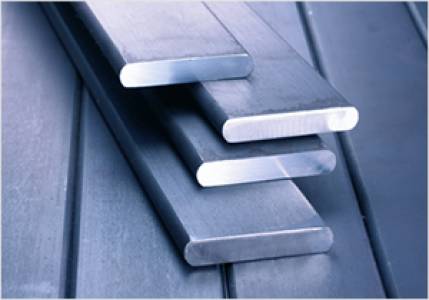Description
Spring Steel: High-Performance Material for Demanding Applications
Spring steel is a type of high-carbon steel specifically engineered for its exceptional elasticity and resilience. This means it can withstand repeated flexing and deformation without permanent damage, making it ideal for a wide array of applications requiring consistent spring action. Its superior properties stem from its unique composition and precise manufacturing processes.
Key Properties & Benefits:
- High Tensile Strength: Spring steel possesses significantly higher tensile strength compared to regular steel, allowing it to endure substantial loads without breaking. This contributes to longer lifespan and improved performance in demanding environments. The specific tensile strength varies based on the grade and heat treatment.
- Exceptional Elasticity & Resilience: The hallmark feature of spring steel is its ability to return to its original shape after being deformed. This elastic recovery is crucial for consistent spring performance and reliable functionality in applications where repeated flexing is necessary.
- High Fatigue Resistance: Spring steel exhibits superior resistance to fatigue failure, meaning it can withstand countless cycles of loading and unloading without fracturing. This extended fatigue life is critical for ensuring long-term reliability and reducing maintenance costs.
- Hardness & Durability: Depending on the grade and heat treatment, spring steel can achieve exceptional hardness, enhancing its resistance to wear and tear. This durability is especially important in applications subjected to friction and abrasive forces.
- Dimensional Stability: Carefully controlled manufacturing processes ensure consistent dimensions and minimal dimensional changes throughout the lifespan of the spring steel, leading to greater precision and performance consistency.
Grades & Types:
Several grades of spring steel exist, each tailored for specific applications based on required strength, hardness, and fatigue resistance. Common grades include:
- Music Wire: A high-carbon steel known for its exceptional fatigue resistance and high tensile strength. Excellent for precision springs requiring high performance.
- Oil-Hardened Spring Steel: This type achieves high hardness through oil quenching, making it suitable for applications requiring greater strength and wear resistance.
- Chrome-Vanadium Spring Steel: Alloying with chromium and vanadium enhances strength, hardness, and toughness, suitable for heavier-duty applications.
- Silicon-Manganese Spring Steel: This grade offers good strength and ductility, making it a versatile choice for a range of applications.
Applications:
Spring steel finds extensive use in various industries, including:
- Automotive: Springs, suspension systems, valves, and other critical components.
- Aerospace: High-precision springs, actuators, and other components requiring high reliability.
- Manufacturing: Die springs, clamping devices, and other tooling components.
- Electronics: Spring contacts, clips, and other small components.
- Medical Devices: Precision springs and components requiring biocompatibility.
Choosing the Right Spring Steel:
Selecting the appropriate grade of spring steel is crucial for optimal performance. Factors to consider include:
- Required Strength & Hardness: Determine the load requirements and necessary hardness for the application.
- Fatigue Resistance: Consider the number of cycles the spring will endure.
- Corrosion Resistance: Evaluate the environmental conditions and potential corrosion risks.
- Cost: Balance performance requirements with cost considerations.
By carefully selecting the right grade and considering the application's specific demands, spring steel provides a reliable and high-performance solution for a wide range of engineering challenges. Contact us to discuss your specific needs and find the perfect spring steel for your project.
